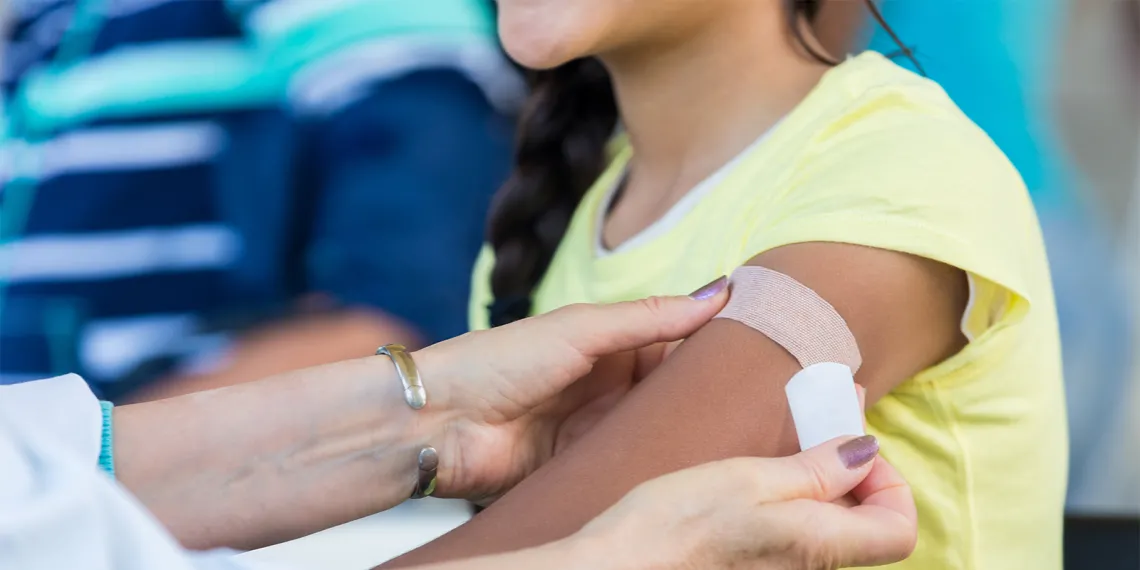A range of projects and initiatives bring healthcare offerings to communities that traditionally lack options. For many Mexican citizens living in Arizona, it's proving to be lifesaving.
Many immigrants and temporary citizens live in the state of Arizona and, currently, 15 percent of the state’s population is without access to proper healthcare. While basic healthcare services are available to all state residents, in critical cases there are additional resources available—many provided in conjunction with academic institutions or official government services.
Together for Health
Groups like No More Deaths aim to support migrants and prevent fatalities in the Sonoran Desert by providing basics like food and water while, in Tucson and Phoenix, the University of Arizona has deployed a mobile health clinic to bring medical care to Mexican nationals living in underserved communities in Maricopa County. For two years, the UArizona van, dubbed "Juntos por la Salud," or "Together for Health," traveled to high-volume areas like churches, serving roughly 50 patients a day, depending on the weather.
The $199,000 van was built and initially operated through a $304,200 grant from the Binational Border Health Commission in collaboration with UArizona’s Mel & Enid Zuckerman College of Public Health. Its services including screenings, flu vaccines and preventative health-care tips, and primarily serves to aid residents of low-income communities who may otherwise be afraid to seek help in a more formal medical setting. Overseeing the program is Cecilia Rosales, the school’s Assistant Dean, who has enlisted students as volunteer medical workers, enabling them to gain professional experience working hands-on with patients.
The mobile care unit is an extension of—and inspired by—the Mexican government's Ventanillas de Salud program, which is in various consulate offices and provides health-care services to Mexicans living in the U.S. in 50 locations across the country. The mobile units, however, reach underserved patients where they live, and without stigma. When patients arrive at the clinic, they sign in, complete a basic pre-screening interview and discuss their medical histories. This information is then entered into an online database that enables the school to keep track of how many patients they treat, and to retrieve the information for future reference. After the prescreening, patients are brought in to the mobile unit for a physical exam, where trained students provide free screenings for hypertension, diabetes and obesity. The clinic also provides flu shots during flu season.
A Much-Needed Lifeline
The “real job” of these mobile units, says Jill Guernsey De Zapien, director of border, transborder and binational public health collaborative research at UArizona, is to “get the individual to come out of the woodwork" and connect to health services available to all uninsured individuals. She explains that UArizona also collaborates closely with federally qualified community health centers throughout Nogales, Douglass, Yuma and elsewhere.
“It’s the mainstay of care in the border region,” she says, “so we try to be supportive of those centers through a variety of both technical assistance and through our Arizona prevention research center, which programs with community health workers and collaborates for grants."
All of this allows health workers to target and help vulnerable populations gain access to healthcare "no matter who they are,” De Zapien says. She also endorses Patch, a local news source, which, like the mobile vans, provides services to individuals who lack health insurance, and LUCHA—Learning, Understanding and Cultivating Health Advocacy—which seeks to ensure that the UArizona College of Public Health is able to provide current and complete information and direct service relating to immigration reform and the U.S. border.
In 2018, UArizona also collaborated with local community health agencies to design, pilot and assess the feasibility of a worker-delivered diabetes education program for families. The program addresses family food choices, physical activity, behavior change, communication and support behaviors, and at its inception had 72 participating families. The 12-week program was facilitated by Promotoras de Salud in two counties along the Arizona-Sonora/Mexico border, with sessions including physical activity, and the creation of walking clubs through an initiative called Pasos Adelante, or “Steps Forward.”
While Arizona, and the U.S. as a whole, is far from providing accessible, affordable healthcare to its entire population, these services to this vulnerable group provide a much-needed lifeline.


